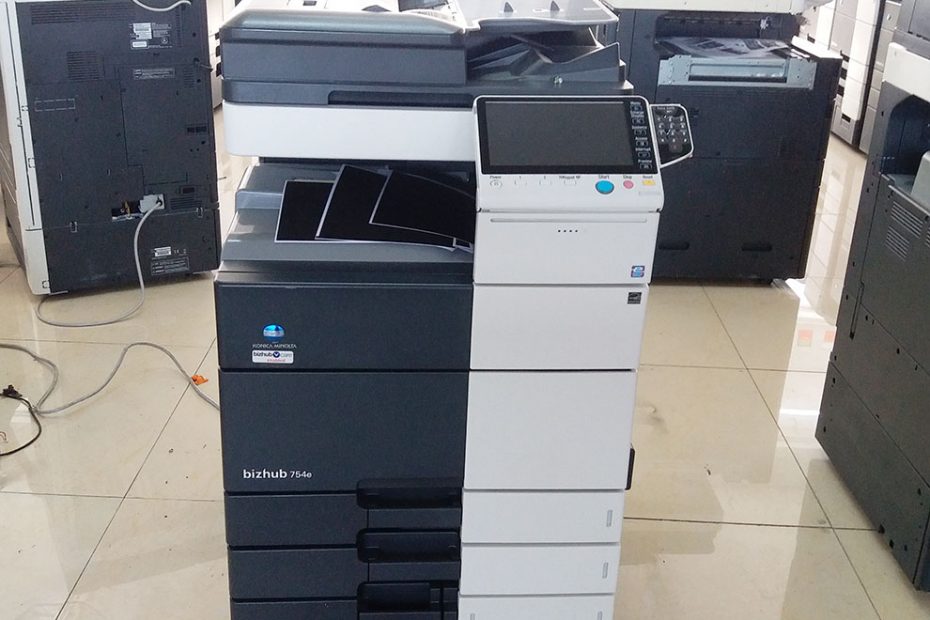Whether you view acquiring an office copier as a necessary step up from desktop multifunction devices or see it as a big investment that should accompany a specific level of sustained success, copiers can offer your business numerous advantages. That coin carries two sides, however, bringing negatives along with its positives. Which side stays uppermost depends on how you view the choice to add a copier’s functionality to your workflow.
Convenience & Flexibility
Owning or leasing a copier enables you to keep your duplication procedures under your own roof rather than take materials to a copy shop, bring them back to your office and incorporate them into a project or mailing. The wide-ranging feature sets you can find on today’s flexible, modular equipment enable you to select the capabilities you want in a machine and even add on new features in a post-purchase upgrade. Because many copiers double as networked printers and can scan or email documents, you may be able to reduce the number of devices your office needs by the number of functions your copier provides. Copiers typically exceed the resolution, output quality and speed of lightweight multifunction devices, thereby speeding up and enhancing your work.
Space
The more flexible the copier, the bigger the footprint it occupies. Incorporating numerous features and paper drawers mandates a larger case to hold all the machine’s functional parts. You may need to devote as much floor space to a networked copier as you would to a full-sized desk. Depending on how well your office maintains a stable, low humidity level, you also may need to segregate the machine in a room in which you can implement climate control to present the proper operating climate for hardware and paper, neither of which operate best in moist environments.
Costs
Copiers rely on heat activation to set toner on the surface of paper. Any machine or appliance that generates heat, either as a product or as a byproduct of its operation, requires a substantial amount of electrical power to run. You may need a separate circuit for the copier, isolated from the current supplied to computers and other office equipment, to prevent its “appetite” for electricity from hampering their performance. Copiers also rely on supplies that can add an expensive set of fixed costs to your monthly bottom line, including toner and other consumables as well as paper by the case.
Privacy
Even if you succeed in establishing an enclosed or otherwise separate area in which you can copy confidential documents without exposing their information to prying eyes, copiers remain capable of creating security leaks. Many of these devices, especially those designed for high-volume network operations, incorporate built-in hard drives that hold project information for delayed or multi-copy output, maintain scanned data for emailing or retain archived jobs so they can rerun on demand. When you decommission one of these machines, you must clear out the data on its hard drive to avoid exposing personally identifiable or trade-secret information to someone who acquires the device as used equipment.
source: https://smallbusiness.chron.com/advantages-disadvantages-photocopier-71643.html
